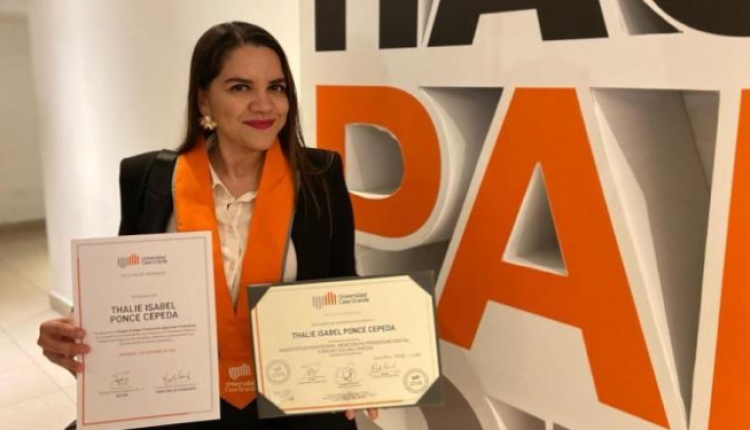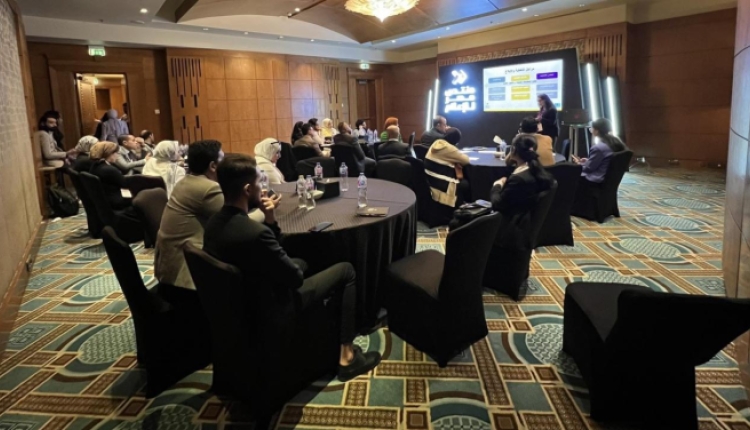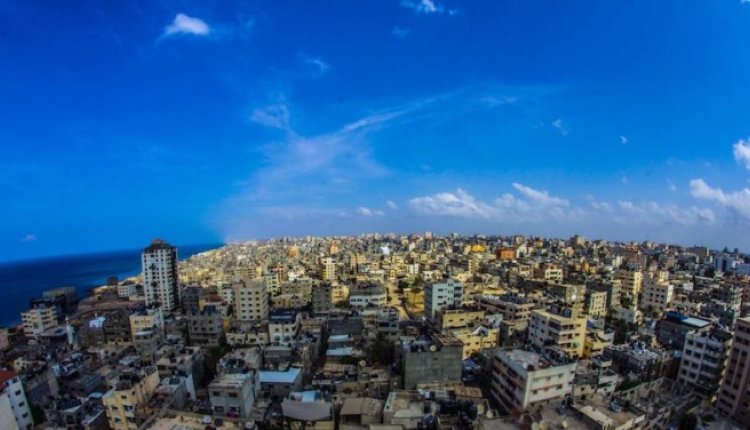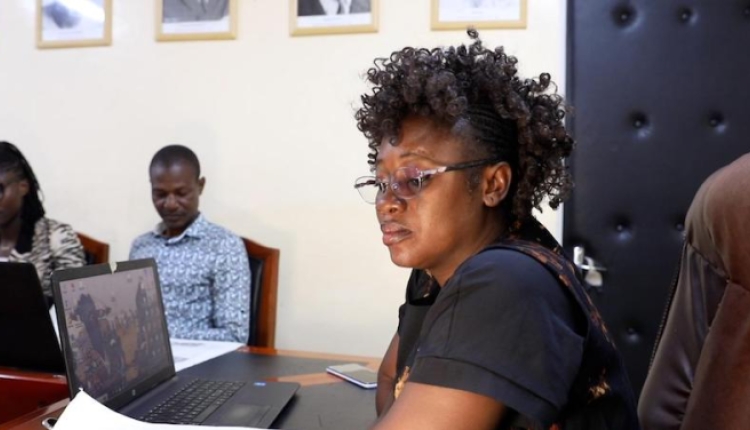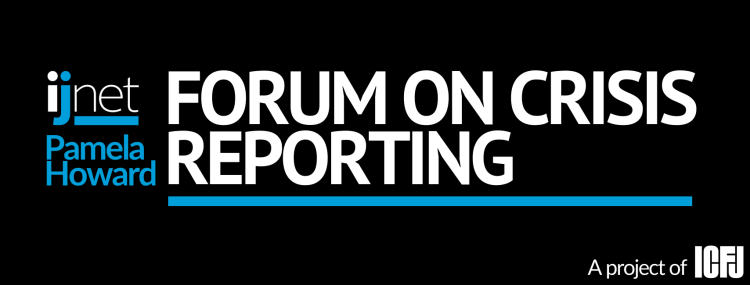
Disinformation, disease, climate change, rising authoritarianism, financial crises, technology disruptions – these are just some of the challenges facing our world, and they do not stop at any border. Trained journalists, who understand how to effectively cover these seismic and overlapping events, are vital to finding solutions. The IJNet Pamela Howard Forum on Crisis Reporting, a project of ICFJ, was designed to equip journalists with the expertise to provide meaningful coverage of critical global issues of local importance.
As part of our Forum initiative in five languages, reporters have learned from leading experts through webinar programming on urgent issues of the day. They have shared information through online groups and collaborated with each other to tell cross-border stories. The initiative was built on the success of the ICFJ Global Health Crisis Reporting Forum, launched when the COVID-19 pandemic hit. See the Forum’s impact.
This initiative is named after ICFJ Vice Chair Pamela Howard, a staunch, dedicated supporter of our work for over 20 years.
